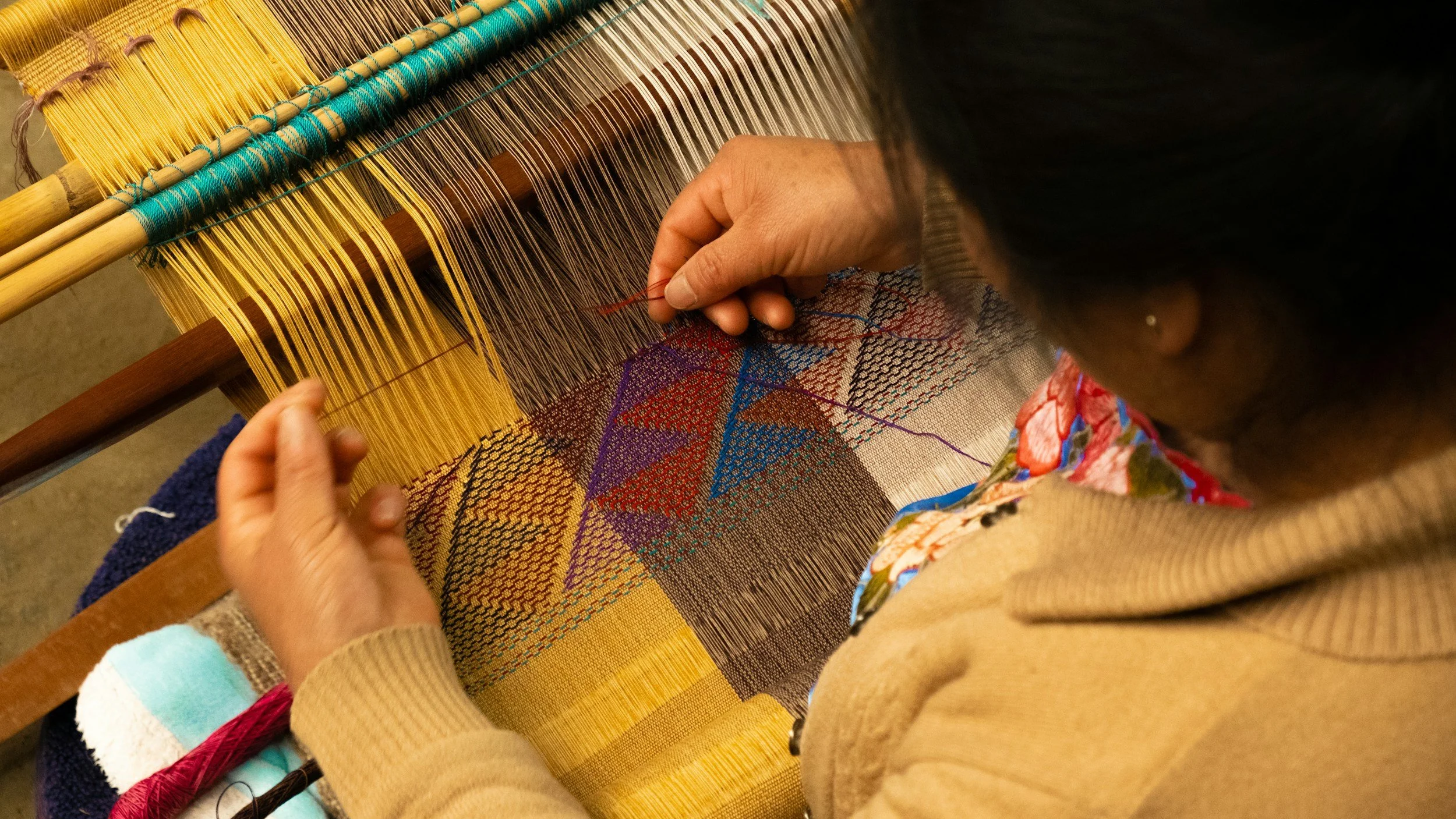by Wanda Diep, LCSW.
When it comes to building and strengthening meaningful relationships, mattering plays a huge role. It’s one thing to say “you matter to me,” but there’s a different sense of security when this is felt.
Back in the 1980s, a couple researchers by the names of McCullogh and Rosenberg broke down mattering into three parts: attention, importance and dependence. It’s updated now to a version of awareness, importance and reliance. Let’s look at the three components a little more closely:




















